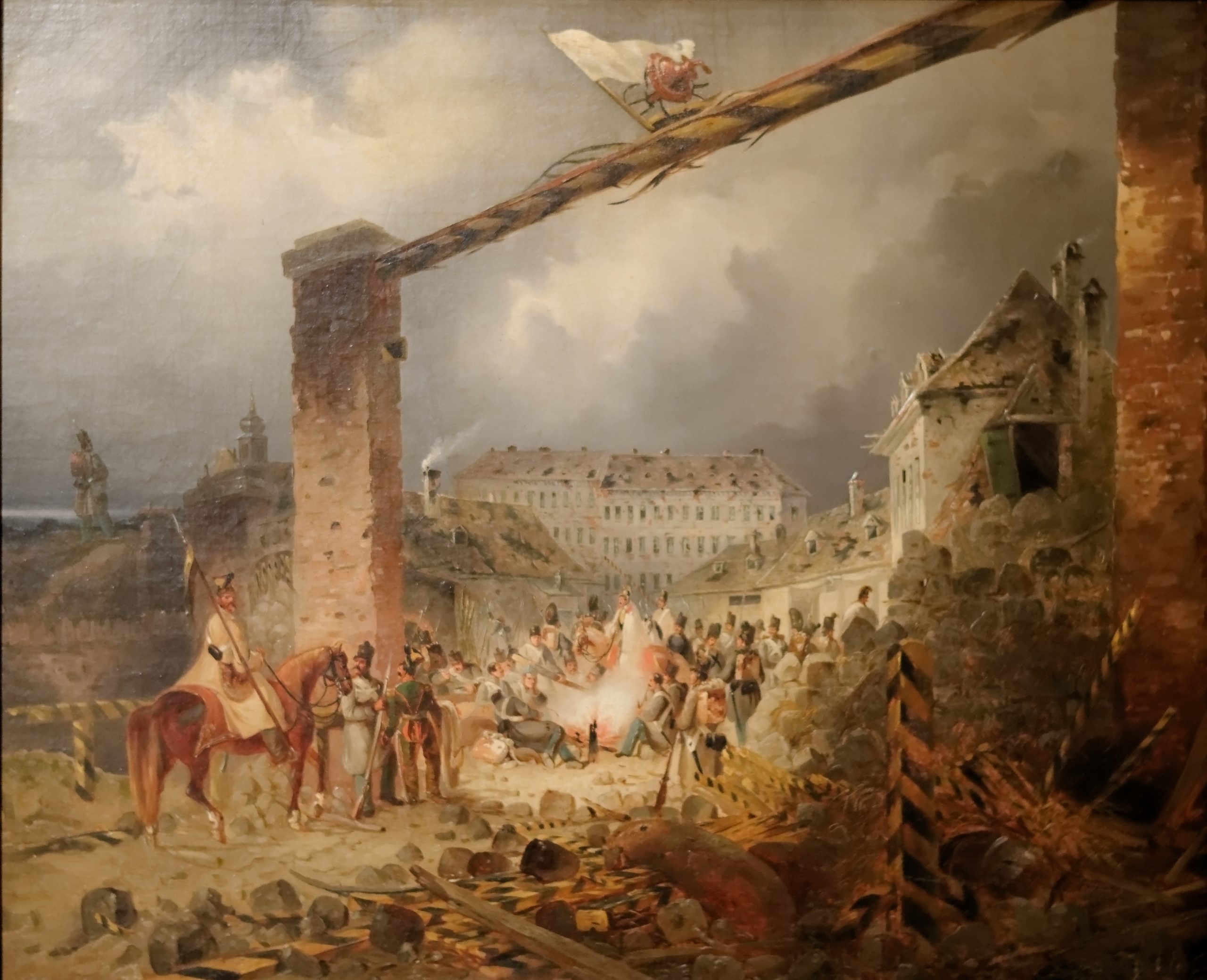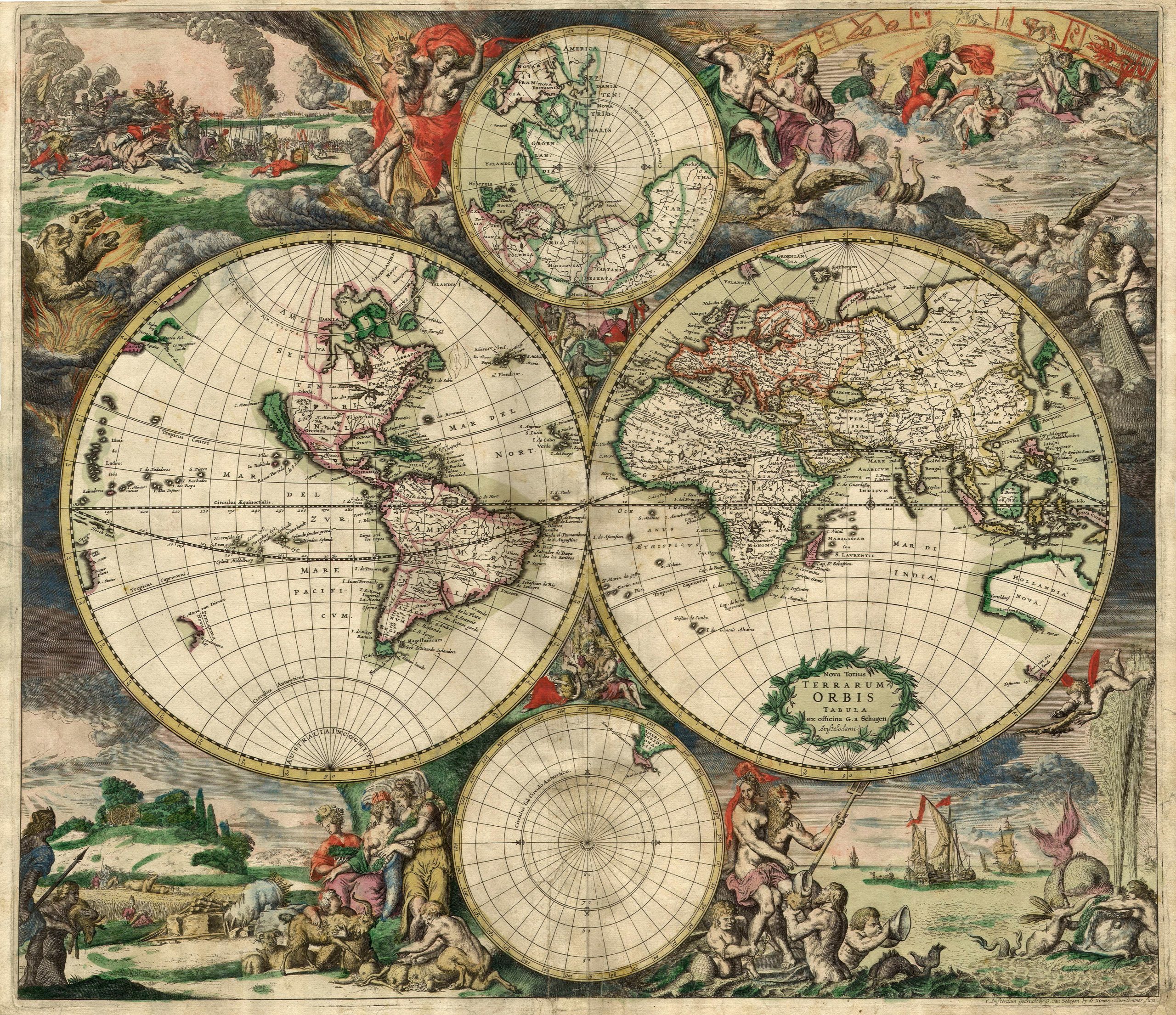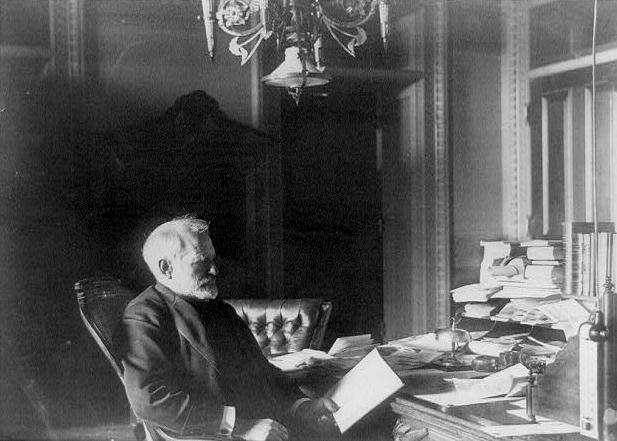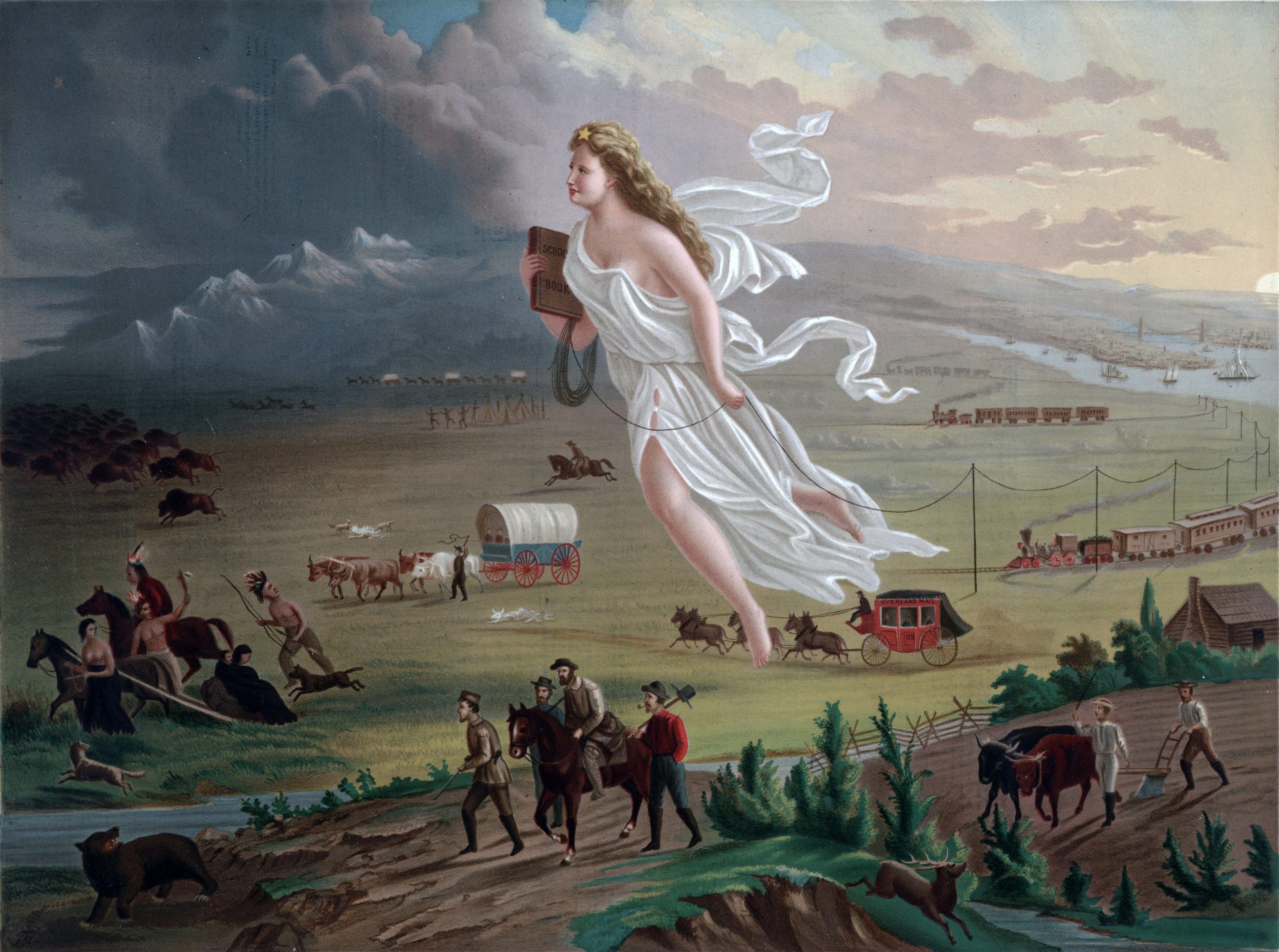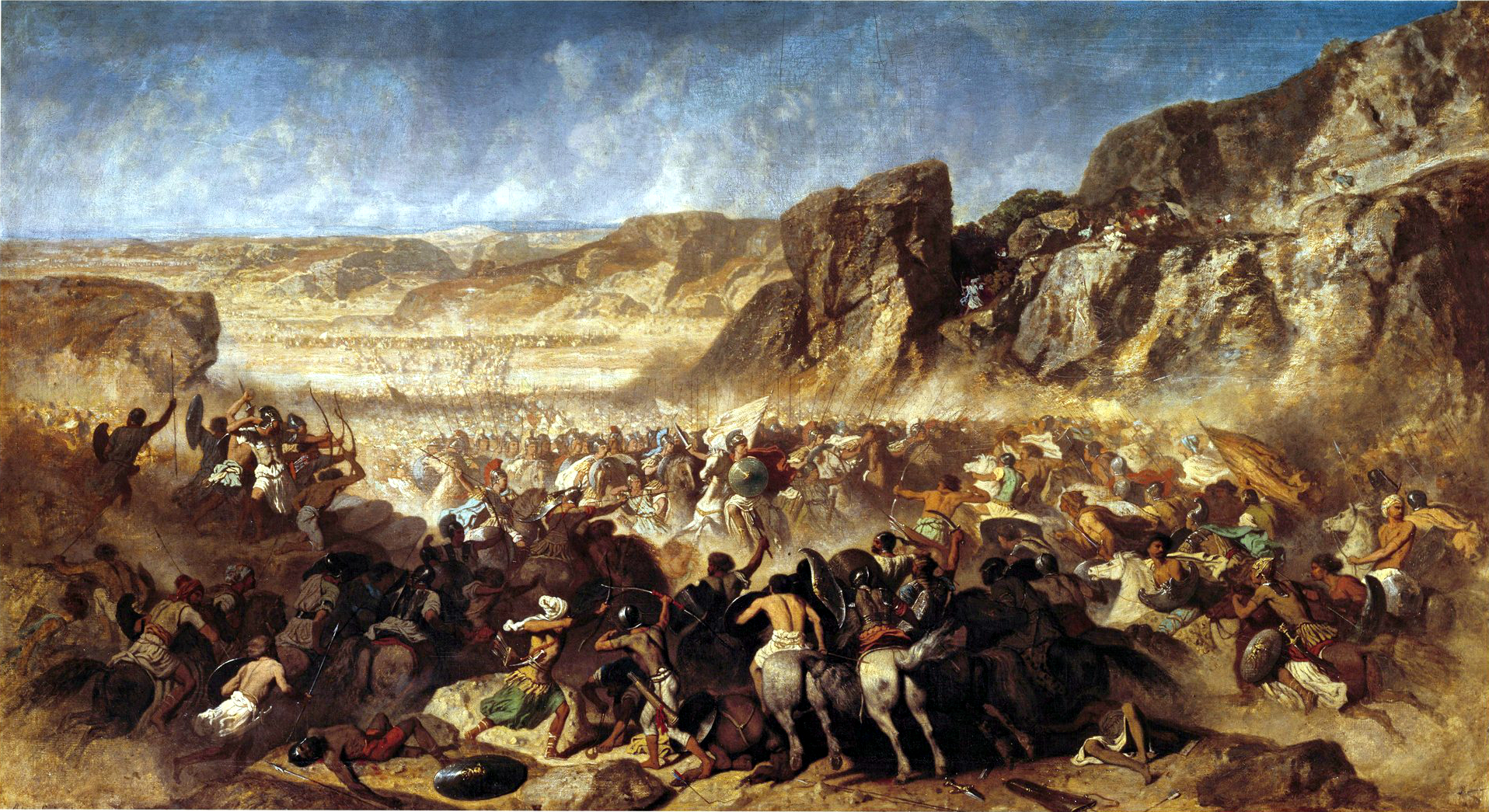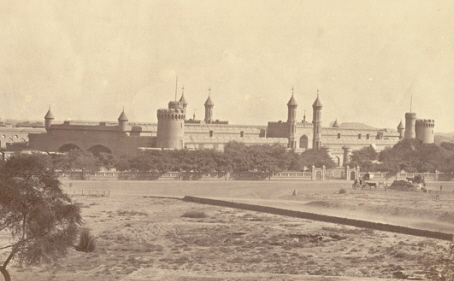

Rudyard Kipling, Kim (1901)
Rudyard Kipling is known today as the poet laureate of British imperialism and of the "White Man's Burden" – titles that are no longer much in fashion, although Kipling’s literary reputation has recovered in recent decades. His body of work includes the great novel, Kim, the story of an orphaned Anglo-Indian boy who is drawn into the Great Game – the geopolitical contest in the 19th century between Britain and Russia for the domination of Asia. For the British at least, this contest ultimately meant the control of India. Kim is a classic of the espionage genre – former CIA Director Allen Dulles had a well-read copy on his bedside table at the time of his death – but it is also a chronicle in miniature of the Great Game and the ethnography of the Indian subcontinent.


